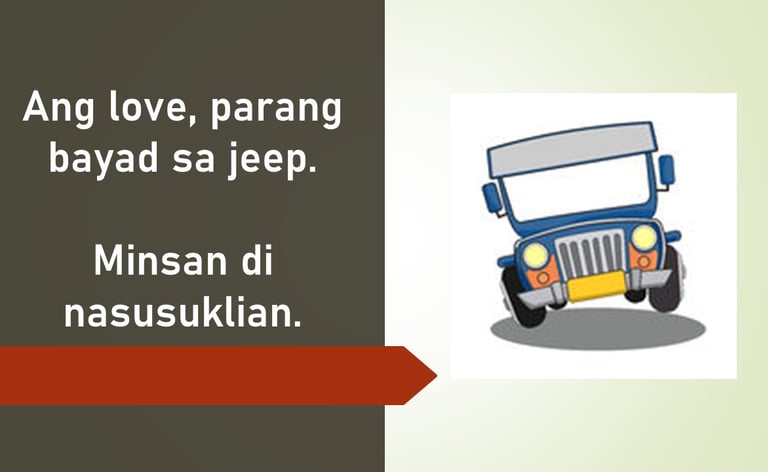The Importance of Hugot
Marshall Rosenberg of the globally practiced Non-Violent Communication (NVC) says that majority of humans fail to communicate effectively because of their inability to express two key things – feelings and needs. It is easier for us to express observations and demands. NVC gives us a communication framework that delivers a complete message with hopes to elicit understanding and / or compassion from the recipient. The OFNR Framework teaches us to share statements which include Observations, Feelings, Needs and Requests.
One expatriate from Germany shared how pleasantly surprised she was with the framework. “I used NVC with my daughter last night and I was so surprised to generate a positive reaction from her! We, my daughter and I, don’t communicate well. But last night, we had a breakthrough.” She further shared how difficult it was for her to understand her teenage daughter. She worried much about how the move to Manila has made an impact to the members of her family.
The CoRe Group has expanded the OFNR framework of NVC into something deeper and more adept to our Filipino culture. Tristan Besa explains “when we refer to Needs, we encourage people to reflect on the Values that is most important to them in that situation.”
What common characteristics keep us Filipinos from expressing ourselves completely? First, we are naturally non-confrontational. We say things like “bahala na” or even ignore the presence of stressors.
We also tend to limit connections because of traits like amor propio or the preservation of one’s self-esteem. We would rather not enter into situations that will threaten our sense of pride and dignity. Instead, some of us use humor or sarcasm to say what we want to say without completely exposing ourselves.
Behind the hugot is a Feeling waiting to be acknowledged and a Need waiting to be fulfilled. So next time someone shares a hugot line, listen… listen with a compassionate heart.
#valuesbridgeus
Learn more about how to deal with emotions and emotional situations from our courses. Contact us at info@coregroup.org.ph. Written by Mia Quiaoit-Corpus.


October 1, 2018
Hugot has been such a huge part of pop culture and one that a semi-oldie like me finds both amusing and interesting. Reading those few simple but poignantly written lines of prose strategically aimed to hit someone in the heart or conscience never fails to evoke humor with some additional deeply-seated emotion along the way. Take this as an example courtesy of 88Quotes.com: “Sabi nila madalas daw masaktan ang mababait. Tanong ko lang, Ganun ba ko kabait para saktan ng paulit-ulit.”
The beautiful thing about Hugot lines like this is it allowed the speaker to express feelings and needs in a way that is easier to say rather than “I have been hurt by people I have had relationships with many times over. I wonder why? I’m a good person. I have given my best to everyone I have been involved with. Please take extra care of my fragile state so I won’t get hurt again”
